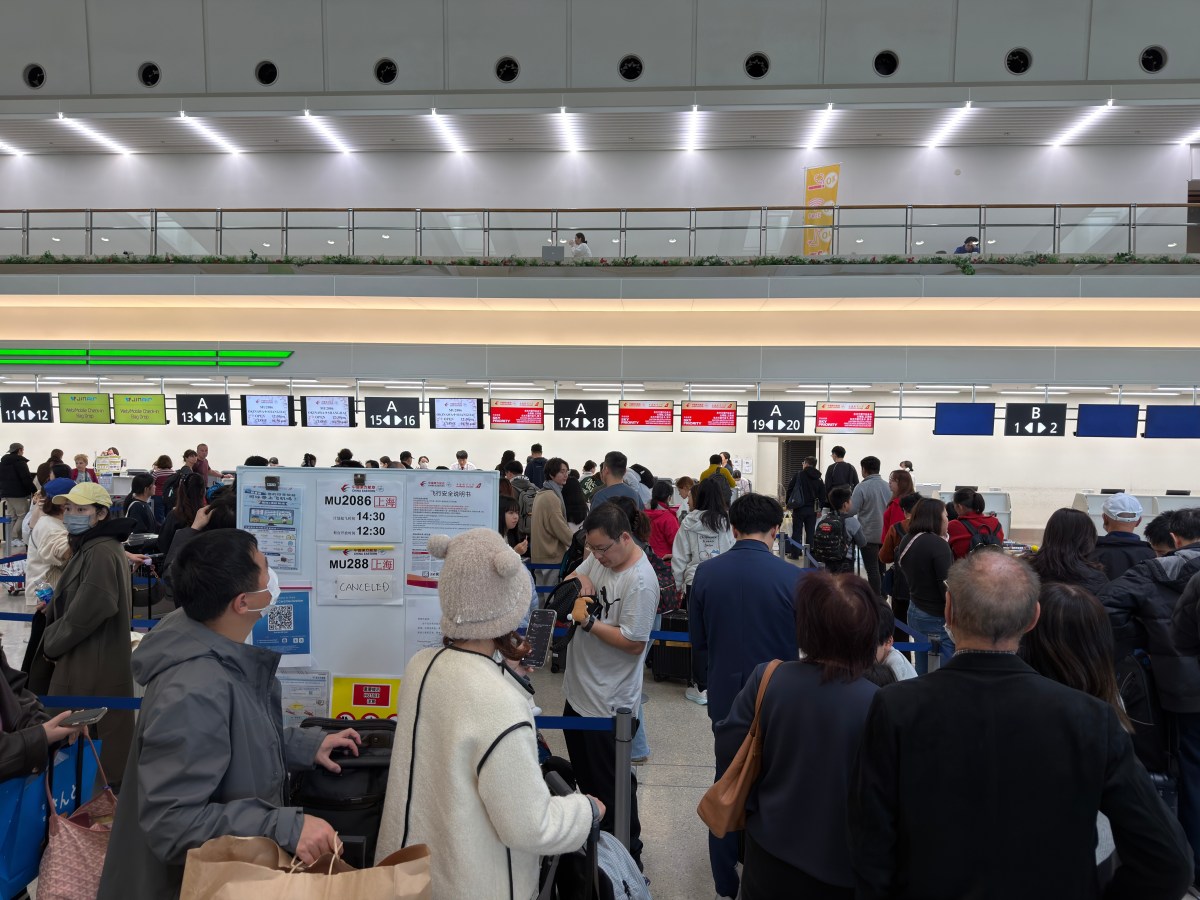This Saturday, March 24, thousands of students are expected in Washington, DC to participate in the March For Our Lives rally for gun control measures. Since the Feb. 14 school shooting at Marjory Stoneman Douglas High School that left 17 dead, a generation of activists has been galvanized and a national movement born. Using the hashtag #NeverAgain and funded with donations from the likes of Oprah Winfrey and Amal and George Clooney, the Stoneman Douglas students are speaking out against the National Rifle Association and the politicians who support the NRA – and students across the nation have joined their efforts. But is the #NeverAgain campaign sustainable? Can student activism advance an agenda that adults have been unable to achieve, and what does this newfound agency of American young people around a cause mean for the national political landscape? Hofstra has experts who can help you put this movement into political, social and economic context:
Aashish Kumar, co-director of Hofstra’s Center for Civic Engagement, can discuss how students’ newfound activism is crucial to the active citizenship that is at the heart of any thriving democracy.
Tomeka Robinson, associate professor of rhetoric and director of Hofstra’s speech and debate team, can address the role of rhetoric and public advocacy in swaying public opinion and shaping policy.
Alan Singer, professor in the School of Education and expert on social issues in public education, can discuss the measures proposed to improve school safety, including the president’s suggestion to arm school teachers. Professor Singer was also a high school teacher for 15 years.
Source:




